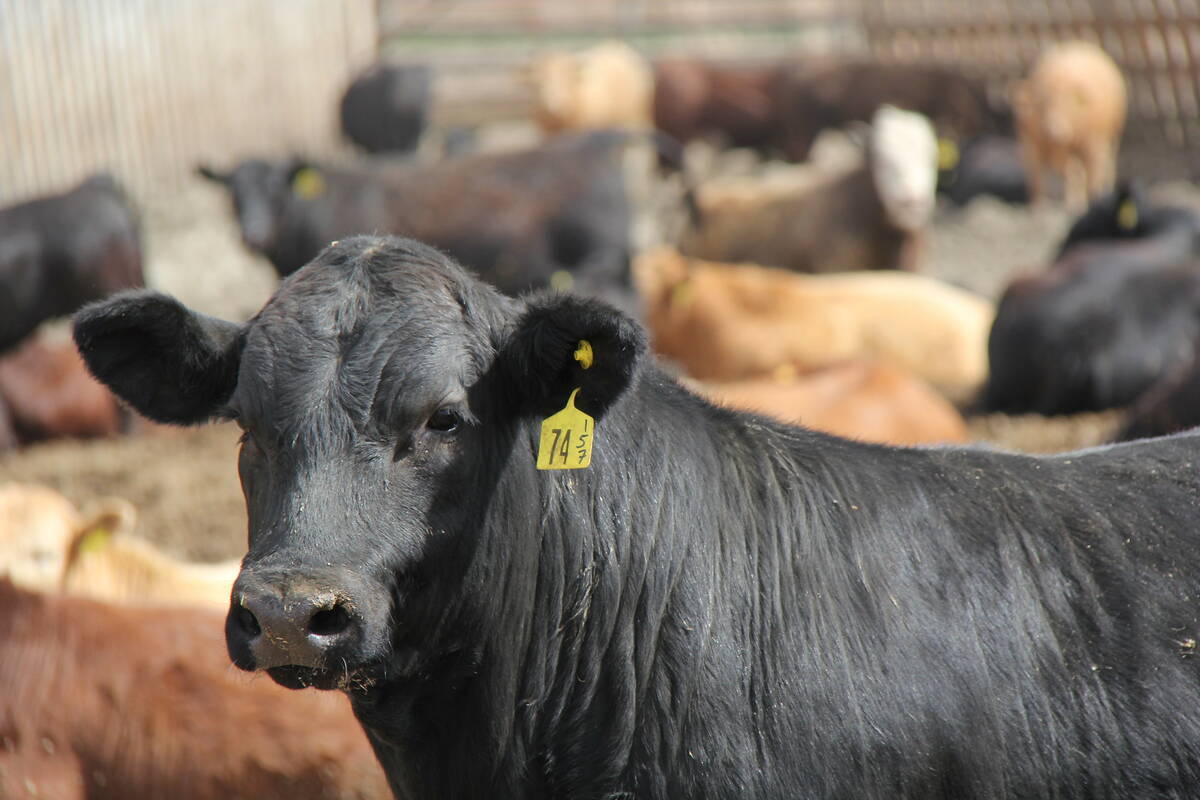ICE Futures Canada canola contracts moved up and down during the two weeks ended Jan. 2, posting small gains overall during the choppy holiday period.
However, the upside may be limited going forward, as expectations for a large South American soybean crop are overhanging the oilseeds in general, said a broker.
The most active March contract on Winnipeg-based ICE dropped as low as $568.40 before correcting higher and eventually running into resistance just below $600 per tonne during the reporting period.
"If enough things came together to kick it through $600, it would be significant" from a technical standpoint, said Ken Ball of PI Financial in Winnipeg.
Read Also

U.S. livestock: CME cattle futures climb on technical trading, rising wholesale prices
Chicago | Reuters – Cattle futures on the Chicago Mercantile Exchange rose for a second session on Wednesday in technical…
Canola, he said, is finding good support from a variety of factors, including the tightening Canadian supply situation and recent advances in global vegetable oil markets. Canola, he noted, "won’t go down unless it’s pulled down."
Losses in CBOT (Chicago Board of Trade) soybeans, which were lower during the two weeks, would eventually drag canola lower as well.
"The elephant in the room is the growing South American crop," said Ball. Improving crop conditions in Brazil and Argentina would limit any upside potential in canola, he said.
However, he said, canola would likely lag soybeans to the downside, with support coming in around the $540-$550 per tonne level, basis the March contract.
— Phil Franz-Warkentin writes for Commodity News Service Canada, a Winnipeg company specializing in grain and commodity market reporting.















